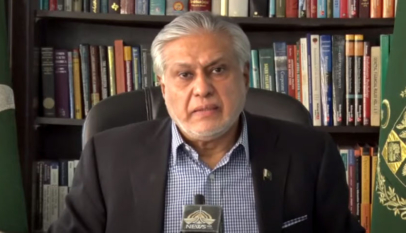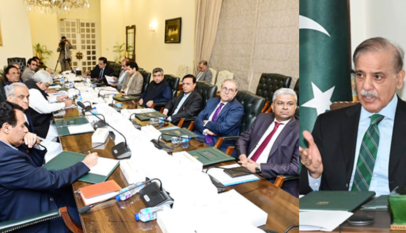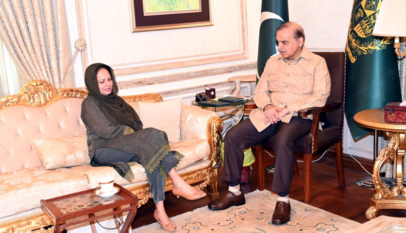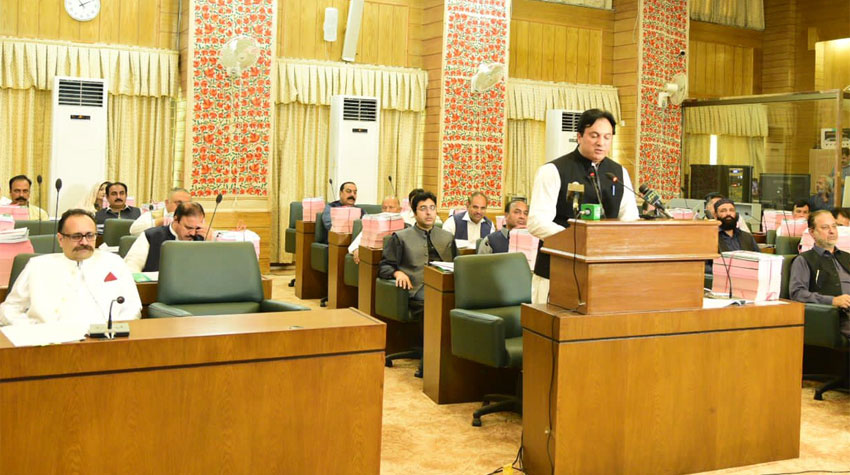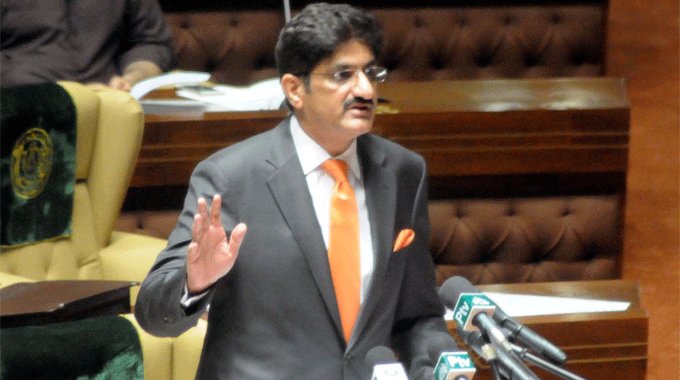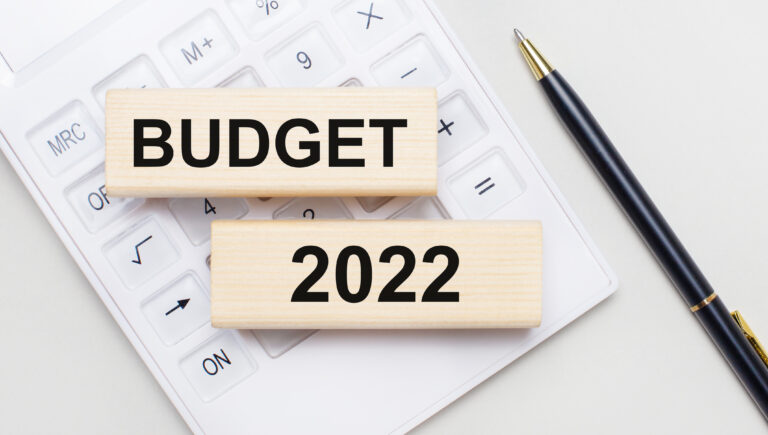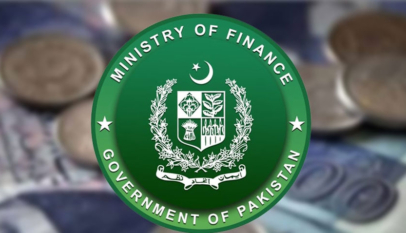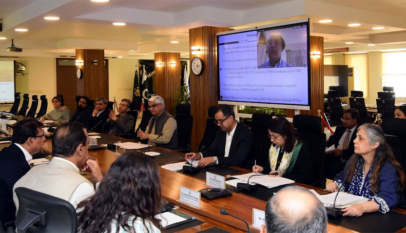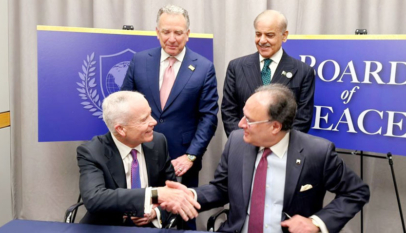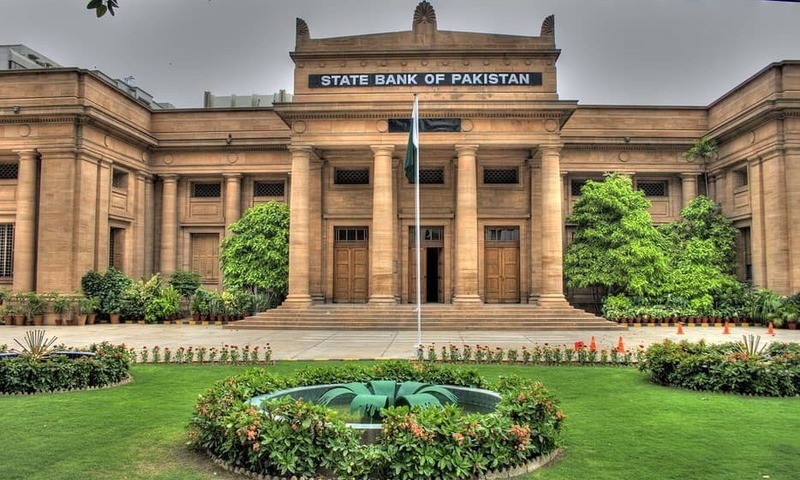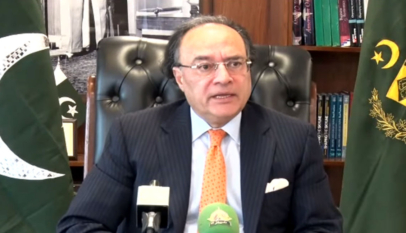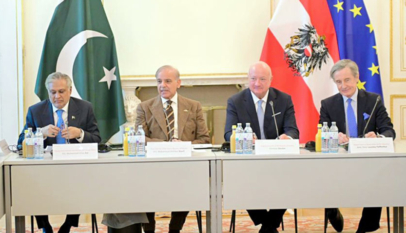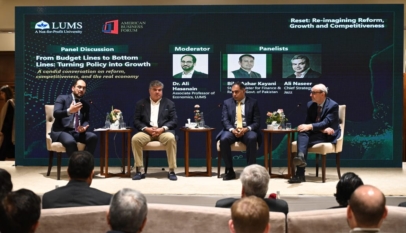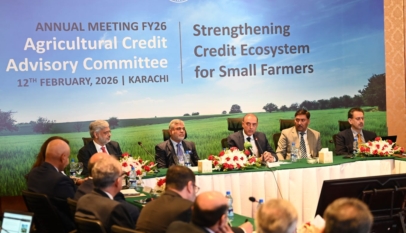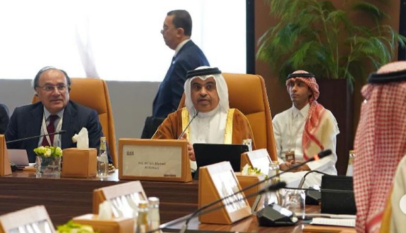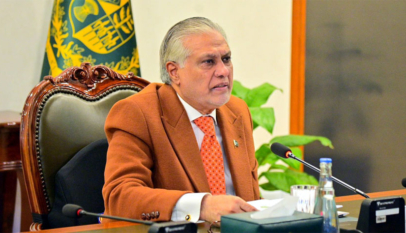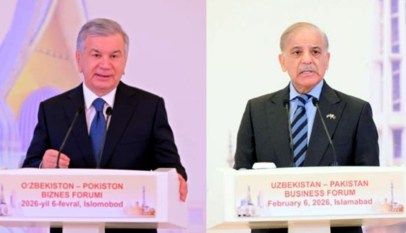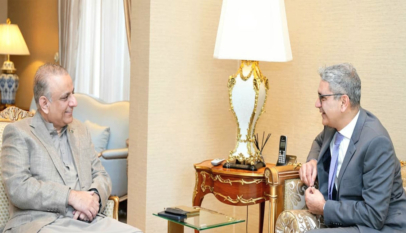
Policy Research Institute of Market Economy (PRIME) acknowledges that the coalition government has presented the budget for FY 2024 amidst insurmountable challenges with stalled IMF program on one end and upcoming elections on the other end. Though the government claims that budget coincides with IMF framework, yet the reality is in contrast and effort has been made to restore political capital to win elections.
PRIME believes that the budget presented by the Finance Minister Ishq Dar is void of any mechanism to promote stability and sustainability. The budget is based on overly ambitious revenue targets with 23 percent increase in FBR tax revenues from Rs. 7,470 billion to Rs. 9,200 billion and 53 percent increase in nontax revenues from Rs. 1,935 billion to Rs. 2,963 billion. However, in the outgoing fiscal year, neither the government was able to achieve tax revenue target nor the nontax revenue target. Therefore, such an increase without any initiative to broaden the tax base is likely to result in higher than anticipated fiscal deficit.
In the outgoing year, on the tax revenue side, the target is likely to be missed by more than Rs. 500 billion due to administrative restrictions on the imports as the government collects more than 50 percent of tax revenues at the import stage. FBR was able to collect Rs. 6,210 billion till May 2023. On the nontax revenue side, the government is likely to miss the target by more than Rs. 200 billion as the government collected Rs. 362 billion as petroleum development levy till March against the target of Rs. 855 billion due to fall in sale of petroleum products by more than 20 percent.
Pakistan being downgraded by three international rating agencies cannot borrow money from international financial markets and with reserves only sufficient for one month of imports and IMF program in limbo, government will excessively borrow from domestic commercial banks thereby not only crowd out the private sector but also increase the public debt exponentially.
PRIME also believes that the expenditure side of the budget manifests business as usual and skewed towards restoring political capital for upcoming elections. The budget is expansionary in nature with an increase of 52 percent in total expenditures from budgeted Rs. 9,520 billion in FY 2023 to Rs. 14,460 billion in FY 2024. The budget unveils lack of prudence of the government to improve allocation of public tax money where Rs. 1,074 billion will be spent as subsidies, which is a cover for government’s failure to minimize losses and inefficiencies.
The budget also unveils a crisis in the making completely ignored by the successive governments. The pension liability has surpassed the federal government expenditures. The pension expenditure is Rs. 761 billion and expenditure to run federal government is Rs. 714 billion. While the Finance Minister proclaimed the raise in salaries and pensions of the government employees, no effort is being made to improve the public service delivery. The payment of pension liabilities out of budget is unsustainable and likely to result in the collapse of public finance if remain neglected for several years.
The proposed budget is inconsistent with the IMF framework and it is highly expected that the current IMF program will end without completion. The budget manifests that the government fails to acknowledge that successive huge fiscal deficits are underlying cause of recurring economic crises. Excessive spending to achieve high growth on the back of domestic and external borrowing has not only resulted in accumulation of debt and colossal debt servicing liabilities but also contributed to exploitation of citizens in the form of continuous increase in taxes and inflation through increase in money supply.













